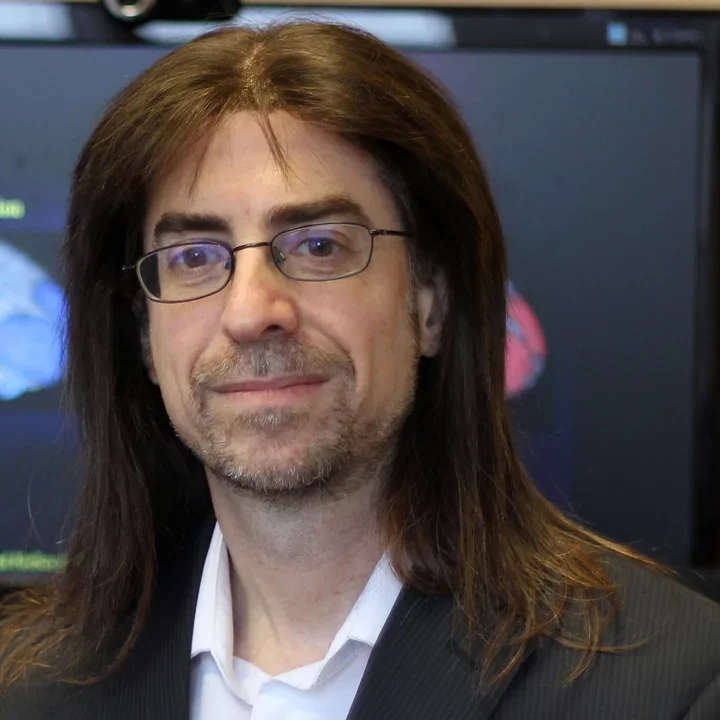Monthly Webinar
Freaking Out and Shutting Down in Autism: From Neuroscience to Narrative
Dr. Greg Siegle, from the University of Pittsburgh, will present a neuroscience-based framework for understanding reactions to emotional and sensory stimuli in autism that can seem very strong or almost absent, and how the same individuals may vary from one to the other type of reactivity. To support this framework, Dr. Siegle will work to integrate individuals’ neuroimaging data and their narratives, which autistic participants have said they want to have heard and understood by others. Dr. Siegle will relate these data to outcomes in a neuroimaging clinical trial of technologies to address dissociation.
Topics Will Include:
- High emotional reactivity and emotional “shutting down” may share similar physiology and neural mechanisms
- Autistic individuals may experience emotional stimuli outside the emotion domain, e.g., as cognitively exhausting and physically painful
- Learning control over “shutting down” may involve learning to process discomfort in ways that do not involve up- or down-regulating emotional reactions.
About our presenter:

Dr. Greg Siegle, from the University of Pittsburgh, will present a neuroscience-based framework for understanding reactions to emotional and sensory stimuli in autism that can seem very strong or almost absent, and how the same individuals may vary from one to the other type of reactivity. To support this framework, Dr. Siegle will work to integrate individuals’ neuroimaging data and their narratives, which autistic participants have said they want to have heard and understood by others. Dr. Siegle will relate these data to outcomes in a neuroimaging clinical trial of technologies to address dissociation.
View our most recent webinar below!
Webinar Title: Mindfulness: A Promising Therapeutic Approach for Autistic People
Presented on: January 21, 2025
Webinar Description:
Mindfulness-based interventions (MBIs) are increasingly popular and are emerging as an empirically supported practice for autistic people. Mindfulness-based interventions are thought to directly target emotion regulation and self-compassion, and can be tailored to sensory needs, cognitive needs, and communication preferences. Despite growing interest in mindfulness for autistic people, there are few clinical delivery resources to support providers untrained in the use of mindfulness with autistic clients. This session will provide an overview of mindfulness approaches for autistic people with and without intellectual disability, including the Emotion Awareness and Skills Enhancement (EASE) program (Conner et al., 2019; Beck et al., 2020). The session will conclude with common challenges and solutions for providers intending to use mindfulness with autistic people (Beck et al., 2020).